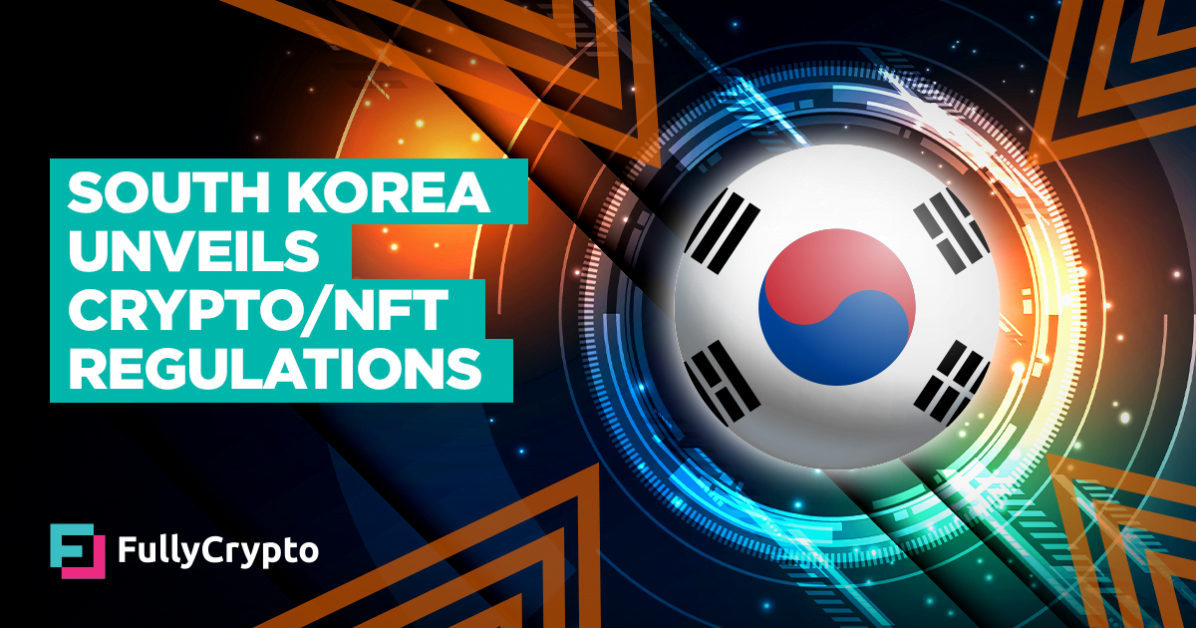South Korea’s New Classification of NFTs as Cryptocurrencies
The non-fungible token (NFT) market is experiencing a surge in popularity, prompting South Korea to make a bold move by categorizing certain NFTs as cryptocurrencies. This decision is a significant development in the country’s regulation of the rapidly expanding digital assets sector. Artists, collectors, and investors are increasingly drawn to NFTs, making the decision to classify them alongside traditional cryptocurrencies a pivotal moment for the industry. In this article, we will delve into the implications of South Korea’s decision and its impact on the future of NFTs and digital asset regulation.
New Regulations in South Korea
South Korea’s financial watchdog, the Financial Services Commission (FSC), has introduced new guidelines to determine whether NFTs should be considered cryptocurrencies. NFTs falling under the crypto category include those used for transactions of goods and services, as well as those comprising extensive collections. The FSC aims to clarify whether NFTs will fall under the Capital Market Act or the Virtual Asset User Protection Act, enhancing the legitimacy of NFTs in the country.
Classification of Classic NFTs
According to the FSC, NFTs with minimal financial value will be classified as classic NFTs. These may include collectibles like event tickets and items used to verify product authenticity. The FSC has emphasized that the decision on the value of collectibles in a collection will be made on a case-by-case basis, ensuring a thorough evaluation process.
Establishment of a Special Committee
In response to the classification changes, the South Korean financial regulator plans to establish a special committee to assist NFT issuers in determining whether their collectibles qualify as virtual assets or classic NFTs. Jeon Yo-seop of the FSC stated that the revised classification aims to prevent the misuse of NFTs to circumvent virtual asset regulations, underscoring the importance of regulatory oversight in the digital asset space.
Addressing Illicit Activities
The new regulations come on the heels of a meeting between the U.S. securities watchdog and South Korea’s financial regulators, where the classification of NFTs was a key topic of discussion. South Korea’s previous reluctance to classify collectibles as virtual assets is changing, with the recognition that NFTs can potentially fuel illicit financial activities such as money laundering and terrorism financing. The upcoming enforcement of regulations next month will test the compliance of NFT issuers in South Korea and may influence regulatory approaches in other countries.
Conclusion
South Korea’s decision to classify certain NFTs as cryptocurrencies signals a significant shift in the regulation of digital assets. By establishing clear guidelines for NFT classification and addressing potential risks associated with these assets, South Korea is setting a precedent for regulatory frameworks in the evolving digital landscape. The impact of this decision on the broader NFT market and digital asset regulation remains to be seen, with implications for stakeholders worldwide.


